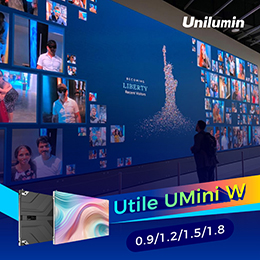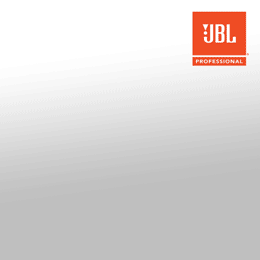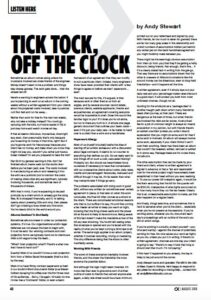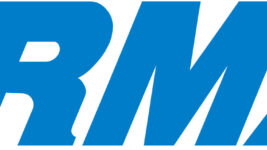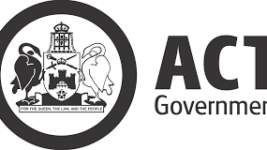News
8 Oct 2018

Listen Here: Tick Tock, Off The Clock
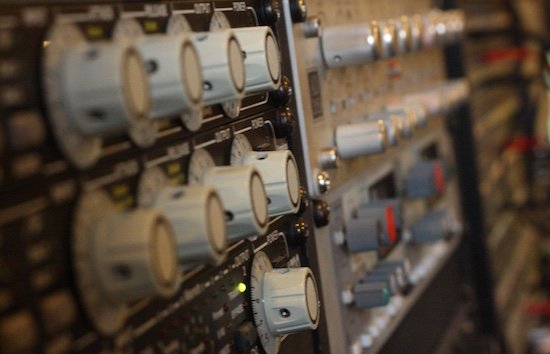
Subscribe to CX E-News
Listen Here
Tick Tock, Off The Clock
by Andy Stewart.
Sometimes an album comes along where the musicians involved are close friends of the engineer. Money doesn’t seem to be a problem and things stay loosey goosey. The work gets done… then the wheels fall off.
Here’s a warning to engineers across the nation: if you’re planning to work on an album in the coming weeks without a written agreement from your clients about the projected costs involved, take my advice: run! Run fast and run far away…
Rather than work for free for the next two weeks, why not take a holiday instead? You could go camping with the kids, surf some waves in Fiji or just stay home and watch movies all day. If that all seems ridiculous, impractical, downright lazy even, then presumably that’s only because you’re earning no money in that time, right? But if you’re gonna work for free anyway because your client has no money, and deep down you know they might not pay you, wouldn’t you rather just have a break instead?
Or are you prepared to take the risk?
Part B of my general warning is this: don’t let finished album tracks walk out the studio door before you’ve been paid, ever. The costs involved in manufacturing an album and releasing it into the wild via a publicist (not to mention the costs of making video clips etc) are significant, typically involving thousands, and sometimes tens of thousands of dollars.
With that in mind, if you’re expecting to be paid promptly by a client who’s A: already got the song files, B: is strapped financially, and C: is talking openly about pressing CDs and vinyl, then please don’t go crossing a busy street any time soon. You’re clearly blind to the world around you.
Albums Destined To End Badly
Sometimes albums sneak in under our protection systems, it’s true. Our organisational and/or legal defences are not always the best to begin with, it must be said. Our working contracts and cost projection forms we typically hand out to clients are often a bit vague to say the least… “What? Cost projection what?! There’s a what now that I have to hand out?” Exactly!
Most of us wouldn’t know a cost projection form from a Yellow Eared Honeyeater (that’s a bird, by the way). Most of us have flimsy contract paperwork at best in our studio’s Word documents folder (cue Steven Colbert spraying his coffee over the first three rows of his audience)… Sorry, I lie again. Virtually no-one I know has a ‘Contracts’ folder, or even a basic framework of an agreement that they can modify to suit a particular client.
Indeed, many engineers I know have never provided their clients with ‘a few things to agree on before we start’ paperwork… ever! The main excuse for this, it’s argued, is that because work is often fired at us from all angles, and by several sources: record labels, previous clients, website applicants, friends and acquaintances, an agreement covering everyone would be impossible to draft.
Does this sound like familiar logic to you? If it does you’re not alone, but nor is there any truth to it.
A simple one-page generic document that outlines your basic costs – even if it’s just your daily rate – is far better to hand over to a client than a wink and a handshake.
Paperwork Allergy
Most of us (myself included) loathe the idea of starting off an artistic endeavour with a discussion about legal contracts. It seems to run counter to everything that defines our job. Do we really want to kick things off on such a cold, calculated footing? Probably not. But should we nevertheless force ourselves (if necessary) to have that conversation with our prospective clients about costs, daily rates, credits and percentages? Absolutely.
Awkward and difficult though it may be, it’s far easier than what may transpire later if things go awry. The problems associated with doing work in good faith, without any written (or sometimes even verbal) agreement in place, is that later on when the work concludes, the final bill often comes as a shock to the client.
There are complicated emotional reasons why that is, but suffice it to say, it’s a bit like running a bar heater all winter to keep you warm at night, knowing that the thing chews watts and the power bill at the end is likely to be enormous. Being aware of this fact doesn’t make the inevitable arrival of the bill any less shocking. You’re still left reeling when that envelope is opened and you’re faced with the reality of what you’ve been turning a blind eye to all winter.
The same logic applies to an album project, whether it involves recording, mixing or mastering. The only difference being that the shock is often manifestly worse.
Working With Friends
The worst of these scenarios inevitably involves friends, and the closer the friendship the more extreme the possible fallout. And although the logic might seem inverted, it’s more vital than ever to give some sort of written outline of costs to friends than almost anyone else (again, a daily rate sheet would be a bare minimum, printed out on your letterhead and signed by you).
With friends, far too much is taken for granted; there are far too many grey areas in the relationship and untold numbers of assumptions hidden just behind any verbal pat-on-the-back handshake agreement you might foolishly make between you. There might be the seemingly obvious assumption from them (or from you) that they’ll be getting a hefty discount, being friends.
Fair enough, that’s fine… if it’s a clearly stated fact in writing from the get-go. That way there are no assumptions drawn that the other is unaware of. Miscommunications like this around money can be disastrous, even to long-held friendships – and it happens all the time.
A written agreement, even if it simply lays out your daily rate and your percentage mates-rates discount is a good start. It will protect you both from most unforeseen dramas, though not all.
Quoting for the whole job as a ‘package deal’ is another fraught path down which many friendship deals often journey, at their peril. These are dangerous at the best of times, but when friends are involved the risks are far worse.
A set priced fee for a job of unknown length is always an insane proposition in my opinion, but with friends there’s an added unwritten (unless you write it down!) expectation that you might do extra work for free if extra work is involved. An album will always involve extra work, especially if your client thinks it won’t cost them anything. Never has there been an album that couldn’t be tweaked, edited, remixed or added to in some way. Package deals are for cruise liners, not albums.
The other assumption that can be made by your friend and client, where no written agreement is signed in advance, is that a ‘fair and reasonable’ cost for the whole project might have already been established in their head without you ever realising it.
To use our power bill metaphor again, it would be like them assuming that the bill for the quarter will be $120.00, irrespective of what lights are turned on or how many hours they run the bar heater. Clearly this is an unreasonable assumption to make, yet this also happens on a regular basis.
And finally, things take time, and sometimes this is hard to perceive when you’re the client… especially when you’re not present at the sessions. If you’re working alone, whatever you do, document each day’s proceedings with an outline of the work you did on which songs.
If you’re working in a studio, protect yourself – your time (and sanity) – against the dramas of potentially working for free. No-one values your work as highly as you do, unless you put it in writing. If there’s no written agreement, chances are one day your client is going to say: “there’s no way it took that long or should cost that much. I’m not paying.”
If this hasn’t happened to you already, the day is likely to be just around the corner.
Andy Stewart owns and operates The Mill in the hills of Bass Coast in Victoria. He’s happy to respond to any pleas for recording or mixing help… contact him at: andy@themillstudio.com.au
Lead image courtesy The Mill
This article first appeared in the September 2018 edition of CX Magazine – in print and online. CX Magazine is Australia and New Zealand’s only publication dedicated to entertainment technology news and issues. Read all editions for free or search our archive www.cxnetwork.com.au
© CX Media
Subscribe
Published monthly since 1991, our famous AV industry magazine is free for download or pay for print. Subscribers also receive CX News, our free weekly email with the latest industry news and jobs.


